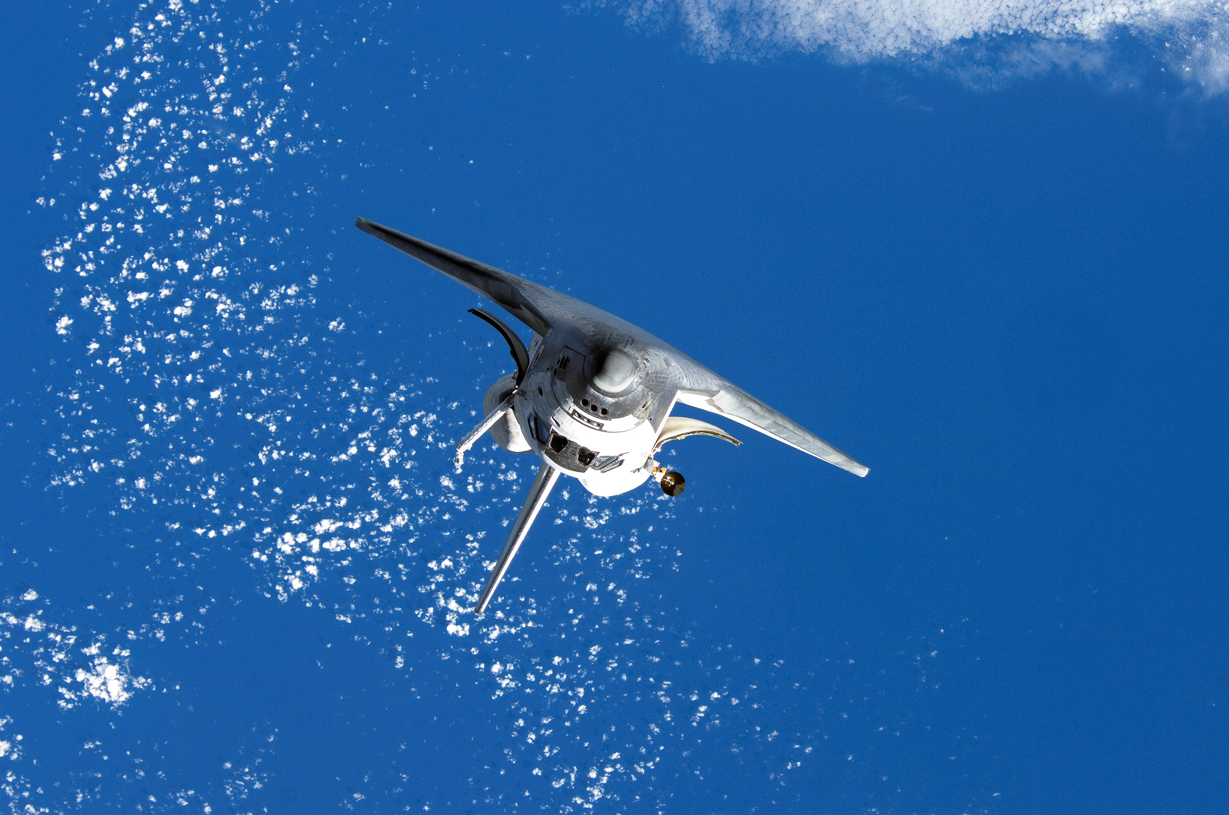Citizens should look to the stars


On the radio here recently, I heard of the retirement of the NASA shuttle Discovery. The Discovery was part of such missions as the launch of the Hubble telescope, and with its retirement, the end of the shuttle program becomes just that much more real for me.
So…what now? Another “moonshot” drive, headed in the direction of terrestrial technology? Reallocation of the funds to some other aerospace program, weapons perhaps? But there’s a better question than “what now?”
Namely: who cares?
The government has been slowly bleeding money trying to keep a dying program not only running, but innovating in the face of ever growing bureaucracy and widespread condemnation of said program for eating funding like candy and turning out minimal results.
To clarify, we should absolutely be throwing money at this. We should be giving whatever we have to the cause of getting a foothold off this rock before we blow it up. But when was the last time we gave the government money and actually expected to get something done with it in a reasonable amount of time?
What we need now is private innovation. I know, I know, this is a call that’s been sounding for years, and some people are stepping up. But we need more than billionaires turning out prototype launch systems, and figuring out one-off drives that will never be practically applicable.
We need citizen involvement. We need a rally for this. We need education and outreach. We need to know that it’s possible, even desirable to get back out into space and make a home for ourselves there.
We need companies to pool resources, not just to innovate, but to set a solid foundation for future business. Right now, space is an industry like making tanks is an industry. Only the government is buying.
Suborbital flights could take passengers around the world in less time than a bus takes to get me from one side of the city to the other. Agricultural platforms in space could absorb some of the needs of food or fuel production for developing countries. Solar collectors could dump tight-beam microwave energy for cheap to collector arrays sitting in the middle of nowhere, lowering the cost of power.
And that’s just what we could do sitting in orbit, without even touching the moon, the asteroid belt, or any of the other planets.
Yes, the start-up would be expensive. But any start-up is expensive, and there are trillions of dollars in revenue waiting to be plucked by the company, individual, or combination thereof willing and able to reach for it.
So seriously, people: now the government has shown us how not to do the job, let’s get cracking and show them what we can do when we set our minds to it.
Disclaimer: The opinions and views expressed in this blog are the opinions of Jeremy Cloud and do not reflect the opinions or views of any other Pioneer employees.
To contact Jeremy Cloud, email editor@occc.edu.